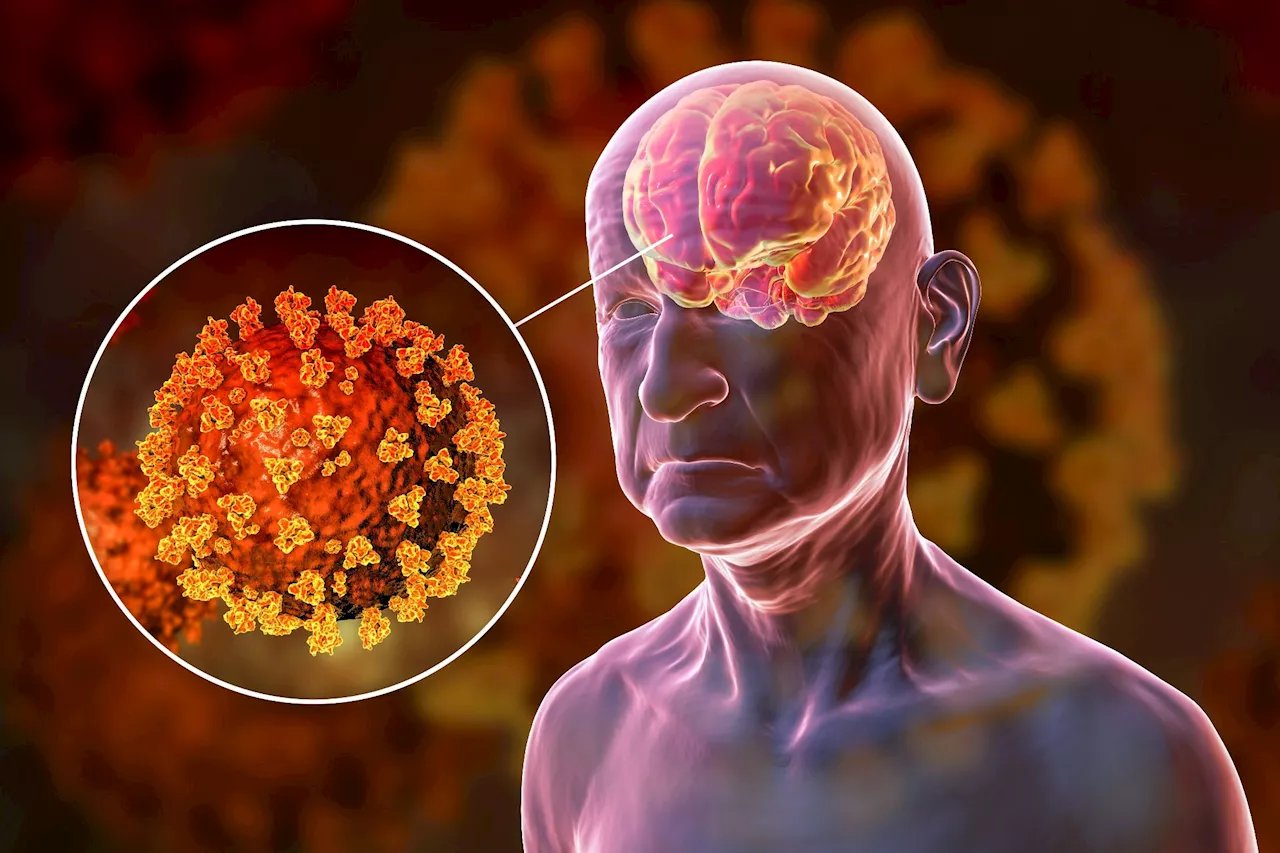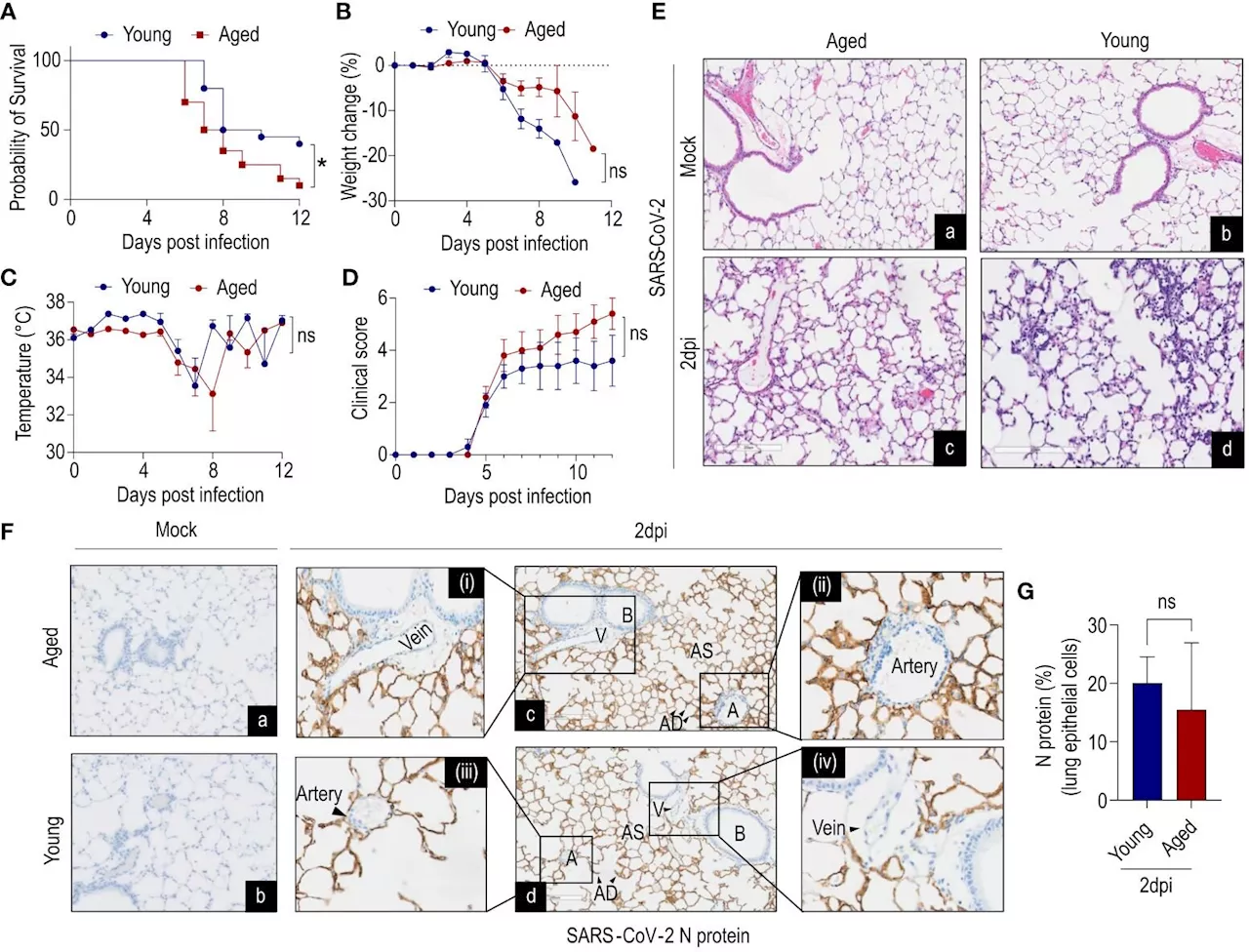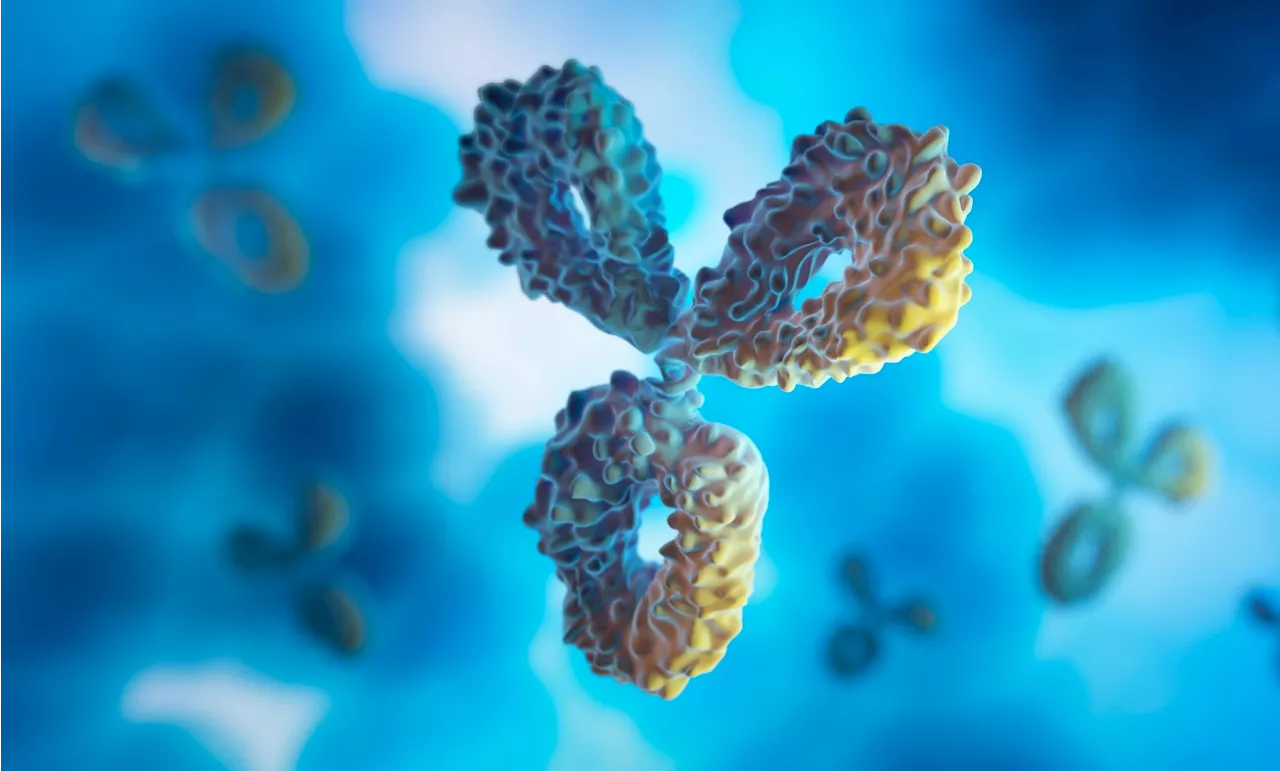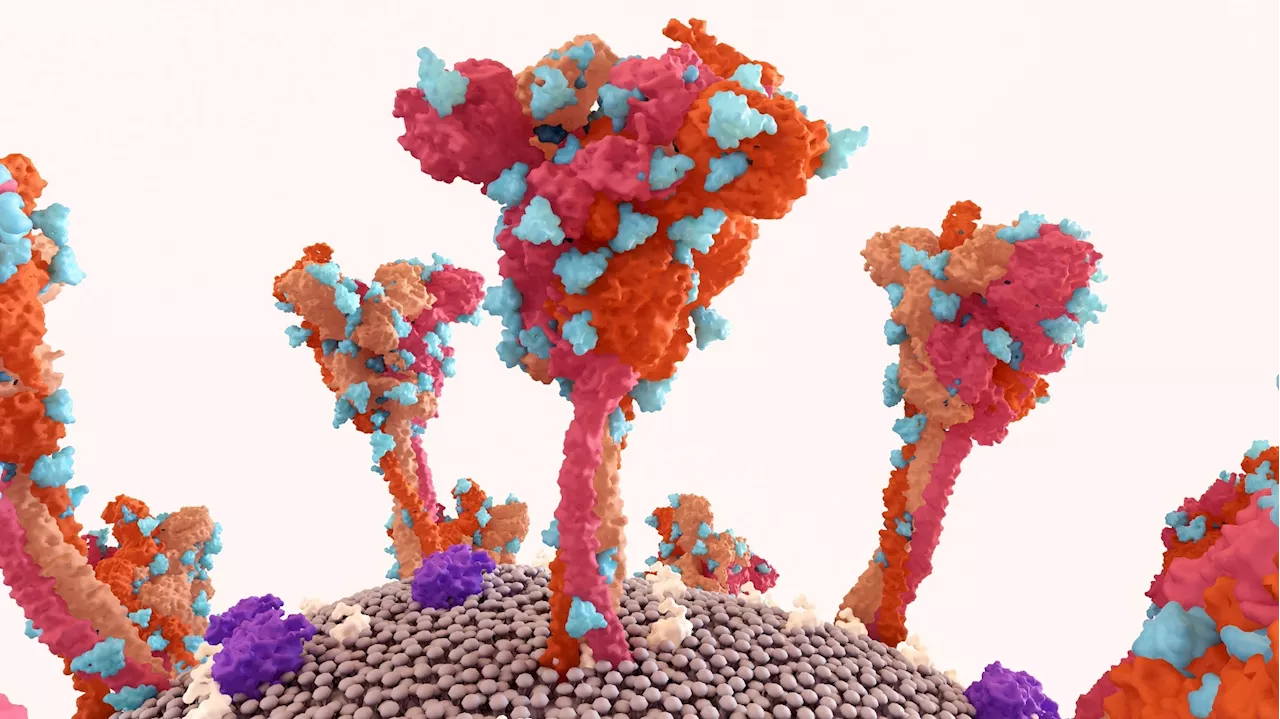Analyzing nasal swabs taken during the pandemic, researchers at Yale School of Medicine suggest that the frequent presence of other viruses and bacteria may have helped to protect children from the worst effects of COVID-19 by boosting their immune systems.
Rockefeller University PressJul 1 2024 Their results will be published July 1 in the Journal of Experimental Medicine .
"Prior work suggested that heightened nasal innate immunity in children was due to intrinsic biological mechanisms inherent to their age," says Ellen F. Foxman, associate professor of Laboratory Medicine and Immunobiology at Yale School of Medicine and the senior author of the new JEM study. "But we thought it could also be due to the high burden of respiratory viruses and bacterial infections in children.
The researchers found that many children-;even those without any symptoms-;were infected with respiratory pathogens other than SARS-CoV-2. This was especially true for younger children, with viruses or infection-causing bacteria being detected in around 50% of asymptomatic patients under five years old. Children with higher levels of respiratory pathogens showed higher levels of nasal innate immune activity, regardless of whether they were toddlers or teenagers.
Related Stories"This reveals that nasal antiviral defenses are not continually on high alert in young children but are activated in response to acquisition of a respiratory virus, even when that virus is not causing symptoms," says Foxman.
Covid-19 Respiratory Antibodies Bacteria Cold Common Cold Immune Response Immune System Immunity Medicine Pandemic Research Respiratory Virus SARS SARS-Cov-2 Virus
United Kingdom Latest News, United Kingdom Headlines
Similar News:You can also read news stories similar to this one that we have collected from other news sources.
 New study links COVID-19 to lasting neuropsychiatric issues, highlights vaccination benefitsCOVID-19 survivors face significantly higher risks of developing neuropsychiatric conditions, but vaccination reduces these risks over time.
New study links COVID-19 to lasting neuropsychiatric issues, highlights vaccination benefitsCOVID-19 survivors face significantly higher risks of developing neuropsychiatric conditions, but vaccination reduces these risks over time.
Read more »
 Long COVID linked to higher risk of erectile dysfunction, new study findsThe risk of developing erectile dysfunction (ED) following a diagnosis of long coronavirus disease (COVID) compared to acute COVID.
Long COVID linked to higher risk of erectile dysfunction, new study findsThe risk of developing erectile dysfunction (ED) following a diagnosis of long coronavirus disease (COVID) compared to acute COVID.
Read more »
 Study finds no association between COVID-19 vaccines and stillbirthsIn a new study, researchers from Yale and 11 other institutions found 'no association between COVID-19 vaccination and stillbirth.'
Study finds no association between COVID-19 vaccines and stillbirthsIn a new study, researchers from Yale and 11 other institutions found 'no association between COVID-19 vaccination and stillbirth.'
Read more »
 New study helps explain how elderly individuals react differently to COVID-19 than young peopleThe COVID-19 pandemic resulted in over 700 million infections and 7 million deaths worldwide. While age is recognized as a risk factor for severe COVID-19, the reasons for this are not yet fully understood.
New study helps explain how elderly individuals react differently to COVID-19 than young peopleThe COVID-19 pandemic resulted in over 700 million infections and 7 million deaths worldwide. While age is recognized as a risk factor for severe COVID-19, the reasons for this are not yet fully understood.
Read more »
 Study finds short-term side effects of COVID-19 mRNA vaccines boost long-term antibody responseShort-term adverse effects of COVID-19 mRNA vaccinations are linked to higher and longer-lasting neutralizing antibody responses, indicating robust immune efficacy.
Study finds short-term side effects of COVID-19 mRNA vaccines boost long-term antibody responseShort-term adverse effects of COVID-19 mRNA vaccinations are linked to higher and longer-lasting neutralizing antibody responses, indicating robust immune efficacy.
Read more »
 Study confirms no causal link between COVID-19 and ischemic priapismA study in the International Journal of Impotence Research found no causal link between COVID-19 and ischemic priapism, with priapism occurring across all COVID-19 severity levels and treatments remaining effective.
Study confirms no causal link between COVID-19 and ischemic priapismA study in the International Journal of Impotence Research found no causal link between COVID-19 and ischemic priapism, with priapism occurring across all COVID-19 severity levels and treatments remaining effective.
Read more »
